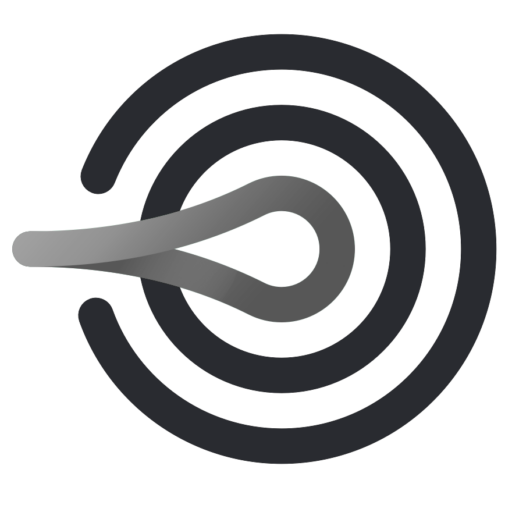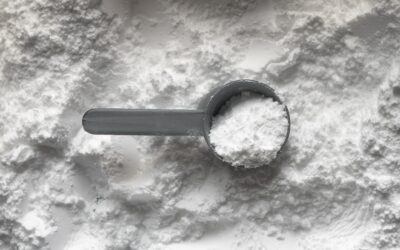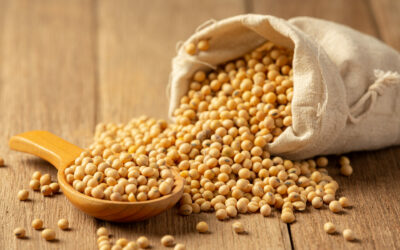Astaxanthin is a naturally-occurring carotenoid that has been gaining attention in recent years for its potential health benefits. This powerful antioxidant has been shown to have a wide range of benefits, including protecting the skin from sun damage, reducing inflammation, and improving eye health.
Recent research has also suggested that astaxanthin may have a positive impact on fasting. One study, published in the Journal of Clinical Biochemistry and Nutrition in 2018, found that supplementing with astaxanthin during a 72-hour fast improved markers of oxidative stress and inflammation.
Another study, published in the Journal of Lipid Research in 2019, found that supplementing with astaxanthin during a 24-hour fast improved the body’s ability to burn fat for energy, which could potentially support weight loss.
Astaxanthin has also been found to enhance the benefits of autophagy, which is a natural process that occurs during fasting where the body’s cells clear out damaged or unnecessary materials. Autophagy is believed to be crucial for maintaining overall health and preventing chronic diseases.
It is important to note that research on the effects of astaxanthin on fasting is still in its early stages and more studies are needed to fully understand its potential benefits. However, the current evidence suggests that supplementing with astaxanthin during fasting may help to enhance the body’s natural cleansing processes and provide additional protection against oxidative stress and inflammation.
If you’re interested in fasting, consider seeking guidance from fasting coach Israel Anderson who has 10 years of experience coaching fasts and can help you safely navigate the process. You can visit StemCellFast.com for more information on fasting and to register for the next fast.
In conclusion, while more research is needed to fully understand the impact of astaxanthin on fasting, the current evidence suggests that it may help to enhance the body’s natural cleansing processes, improve fat burning, and provide additional protection against oxidative stress and inflammation.
References:




0 Comments